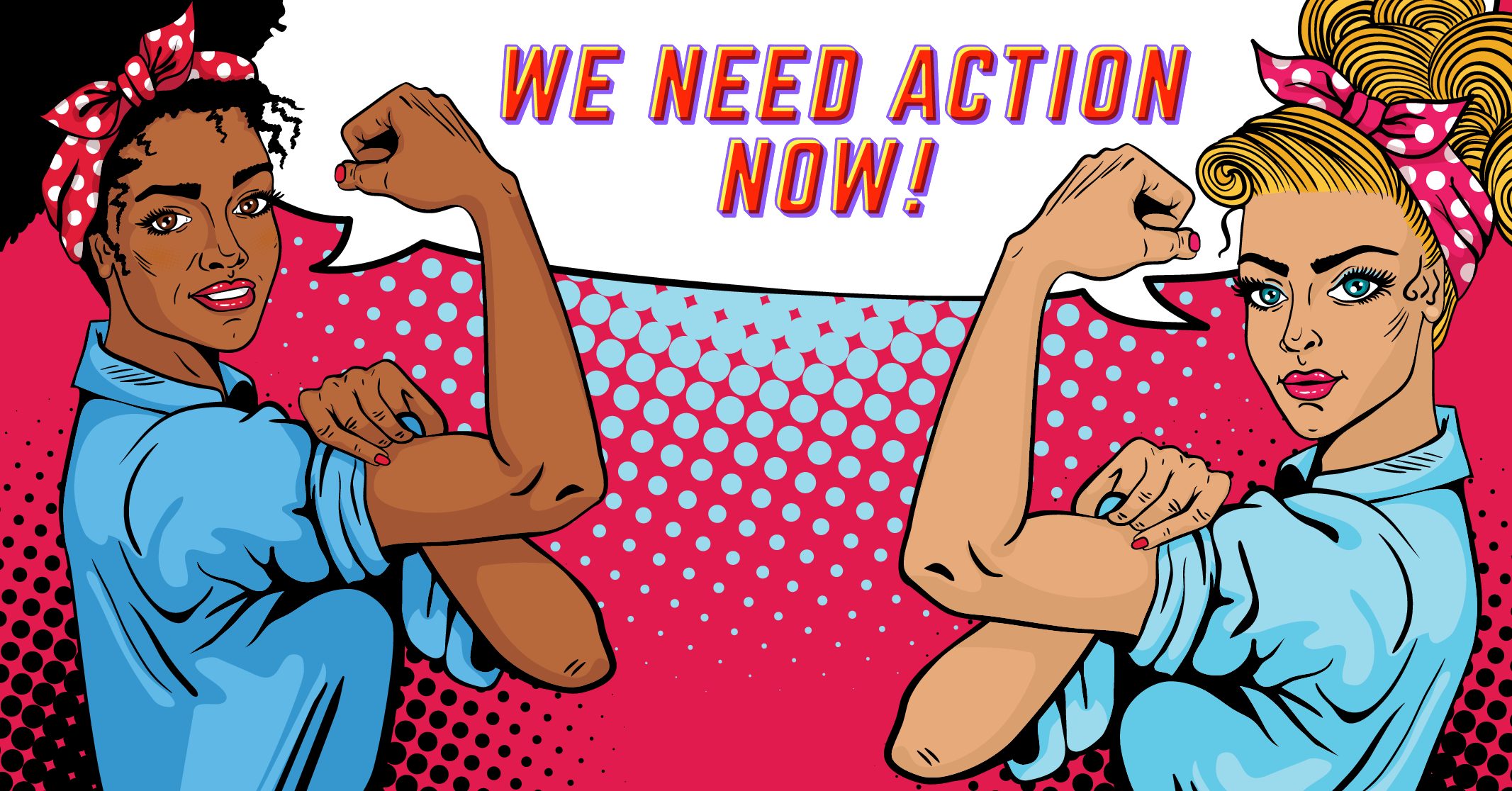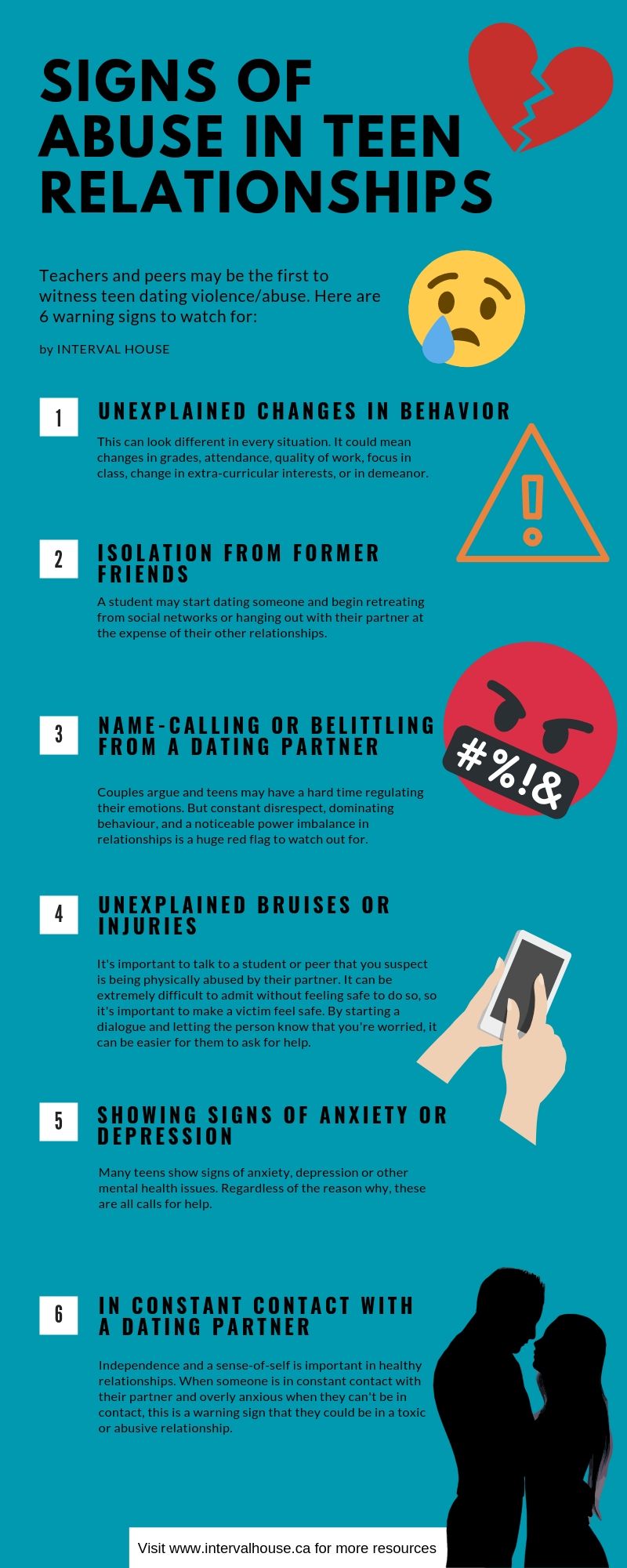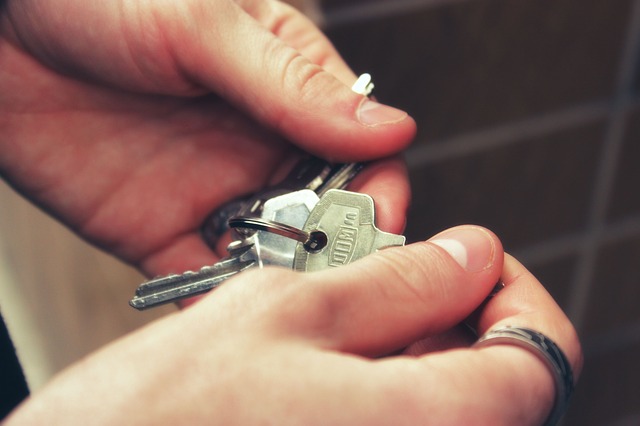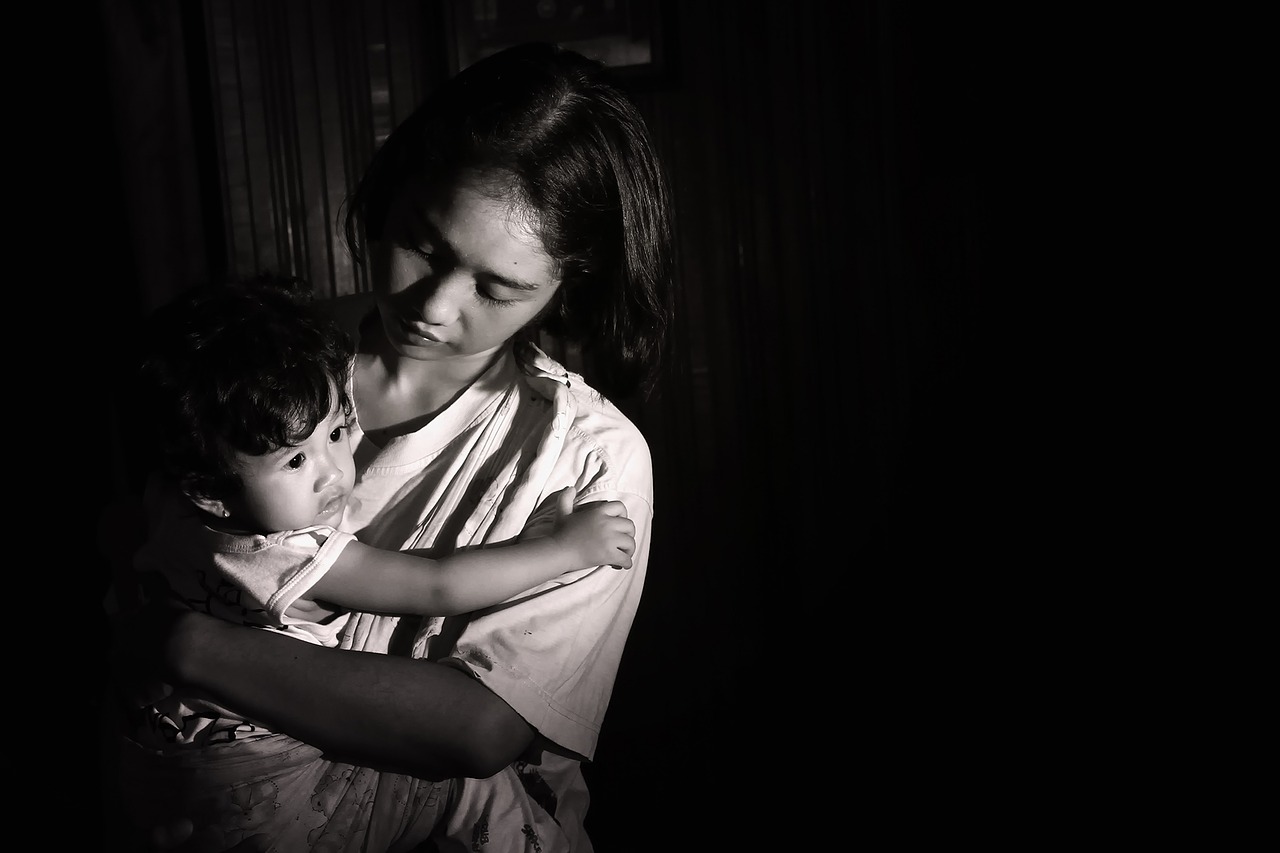
Intimate Partner Violence needs to be a key element of The National Action Plan to End Gender-Based Violence.
Violence against women is at crisis levels across the country. Even before the pandemic, a woman was killed by her intimate partner every six days. Now 1 in 10 women are very concerned about the possibility of violence in the home during COVID-19.
Interval House is the first centre for abused women and children in Canada. For nearly 50 years, it has been our mission to create a world without intimate partner violence. Interval House offers survivors across the GTA a safe escape and the tools to rebuild their lives, but the question remains … what more can be done at the national level?
The Federal Government has released a Joint Declaration for a Canada free of Gender-Based Violence. Although, this is a step in the right direction, we need action now.
The global pandemic has created more isolation, economic stress, and widened the already-dangerous gender inequalities in Canada. Isolation has further put thousands of women, girls, trans, non-binary and BIPOC people at an all-time high risk of violence at home.
Women are suffering at home at the hands of their abusers right now.
That’s why Interval House stands with women’s organizations and shelters across Canada to call for a national action plan – immediately.
We must coordinate our systems from coast to coast to coast to prevent and respond to intimate partner violence. We must acknowledge that 1 in 3 women will experience intimate partner violence in their lifetime; that number is even higher if she is black, Indigenous or a woman of colour.
The UN called for all countries to implement a plan by 2015 and still Canada does not have a comprehensive strategy to deal with gender-based violence, including intimate partner violence.
Although this joint declaration is a good first step; survivors and people at risk can no longer afford to wait.
The National Action Plan to end Gender Based Violence needs to:
- consult experts from IPV support services, shelters, and organizations,
- ensure a collaborative response with municipal, provincial, and national governments,
- include organizational structures such as law enforcement, judicial systems, health care.
Interval House cannot remain silent as the pandemic swirls around us. The National Action Plan to End Gender-Based Violence must specifically include Intimate Partner Violence and it’s overwhelming impact on racialized women.
We must rise up and demand the government builds a bold action plan that:
- prevents violence through education and awareness;
- ensures the legal justice system responds to lived realities of women facing violence;
- increases access to services and protections for women living in fear; and
- breaks down barriers to housing, employment and child care;
- invests in further supports for women to rebuild their lives.
Together, we can prevent and end intimate partner violence in Canada.
Please sign this petition to raise your voice and support the call for a National Action Plan to End Gender-Based Violence.
 Why is it important include intimate partner violence in the National Action Plan to End Gender-Based Violence?
Why is it important include intimate partner violence in the National Action Plan to End Gender-Based Violence?
- Even before the pandemic, a woman was killed by her intimate partner every six days.[1]
- 1 in 10 women is very concerned about the possibility of violence in the home during COVID-19.[2]
- Intimate partner violence, including both spousal and dating violence, accounts for one in every four violent crimes reported to police in Canada.[3]
- Violence against women costs taxpayers and the government billions of dollars every year: Canadians collectively spend $7.4 billion to deal with the aftermath of spousal violence alone. [4]
- Globally, 1 in 3 women will experience intimate partner violence in their lifetime; that number is even higher if she is black, Indigenous or a woman of colour[5]
- It has a profound effect on children: Children who witness violence in the home have twice the rate of psychiatric disorders as children from non-violent homes.[6]
- The rate of domestic violence is likely much higher than we know; 70% of spousal violence is not reported to the police.[7]
Share this petition and help us spread the word!
[1] Stats Canada via https://canadianwomen.org/the-facts/gender-based-violence/
[2] https://www150.statcan.gc.ca/n1/daily-quotidien/200408/dq200408c-eng.htm
[3] https://www150.statcan.gc.ca/n1/pub/85-002-x/2013001/article/11805/11805-3-eng.htm#a1
[4] https://canadianwomen.org/the-facts/gender-based-violence/
[5] https://www.who.int/news-room/fact-sheets/detail/violence-against-women
[6] https://canadianwomen.org/the-facts/gender-based-violence/
[7] https://www150.statcan.gc.ca/n1/pub/85-002-x/2013001/article/11805/11805-3-eng.htm#a1














